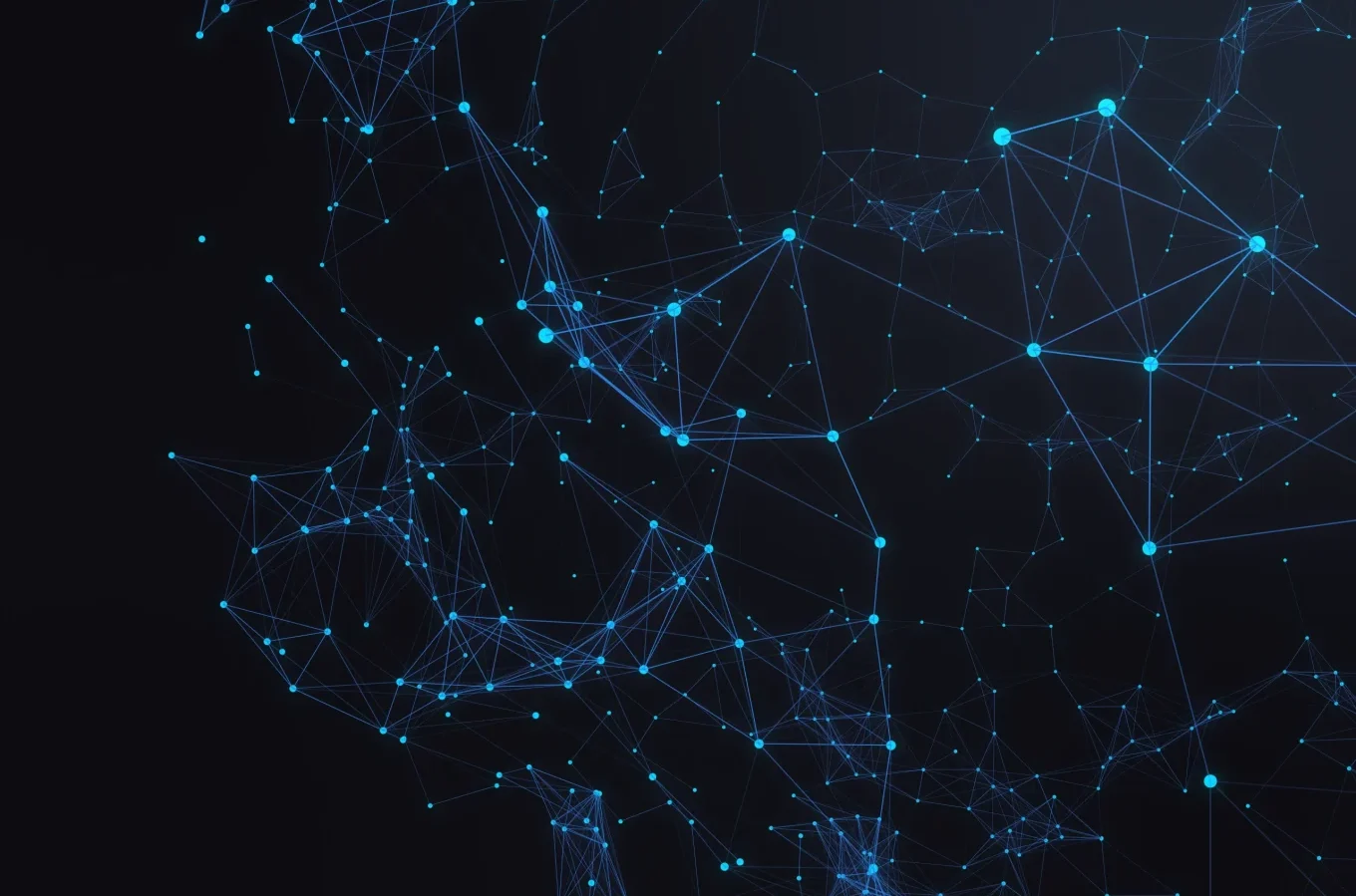Many medium-sized companies in Germany are world market leaders in their field or are praised as hidden champions. With diligence and technical competence, Germany stands as a robust industrial location with high quality standards. We want to maintain this status. Traditional companies repeatedly go through phases in which they reflect on their “core competencies”. We identify strengths and weaknesses to strategically position the organizations from within. In this process, it is not uncommon for considerable discrepancies to arise with market conditions and customer requirements. In addition, a certain complacency develops. Existing competencies are merely used but not necessarily further developed. Sometimes we lack the courage to make radical changes. In Germany in particular, solidity stands for a fundamental value. Traditional companies make decisions that are safe – a good business model must be profitable as quickly as possible.
The Heat is on
There is a great danger that we will run out of time. New companies are coming onto the market with new technologies that have the potential to destroy existing structures – disruption is on everyone’s lips. At the same time, there is always the hope that companies like Tesla or Zalando will fail, as proof that it is better to stick to traditional and proven ways of doing things. Since the introduction of ChatGPT, everyone has understood that there is no way around artificial intelligence. How we use the technology for ourselves instead of rejecting it out of fear, however, is still difficult for many.
Disruptive Thinking
Disruptive business models are not created for the sake of destroying other companies. Rather, it is about answering the basic question: What can I do to create customer value? And: What technology can I use to achieve this as efficiently and effectively as possible? It is precisely this approach that poses major problems for established companies. The company’s successfully elaborated core competencies are suddenly no longer relevant for solving the identified customer problems. To think disruptively, we cannot continue to do things from within and in an evolutionary manner but must drastically reprogram our behavior.
Impetus from Outside
Radical impulses rarely come from within. Many companies have already recognized this. Clinging to the compulsion to succeed means that new models that go beyond the limits of our own competence are not considered or tried out. We want to believe too much in supposedly realistic and feasible concepts. However, if we ask too early about the prospects of success, innovative concepts will not be addressed or tried out.
The Force of Change
Meanwhile, most companies are taking startups and the ideas from other sectors seriously and looking beyond the horizon of their own area. For example, machine builders are recognizing the opportunities offered by the cloud and are moving in the direction of service providers, much as computer and software manufacturers have been doing for some time. But we need to change our behavior much more if we want to keep up with the force of new business models from other regions of the world. An established corporation must think very carefully about how strongly a team that is to work on new ideas and models is integrated into the corporate structures. In addition, the group’s top management must actively participate in the development of new models to recognize what strategic implications they may have for the basic business. And this should be done without putting on the brakes for fear of inner danger at the same time.
Free Space
Financial and time freedom must be created in such a way that things can be developed, tried out and, if necessary, scrapped again. Shareholders do not allow established groups to incur losses. But these must be accepted to spin off new ideas. Perhaps there is an idea that will ensure the company’s success in such rapidly changing times. And if it goes wrong, you take the experience with you for the next idea.
This is how failure becomes success.








